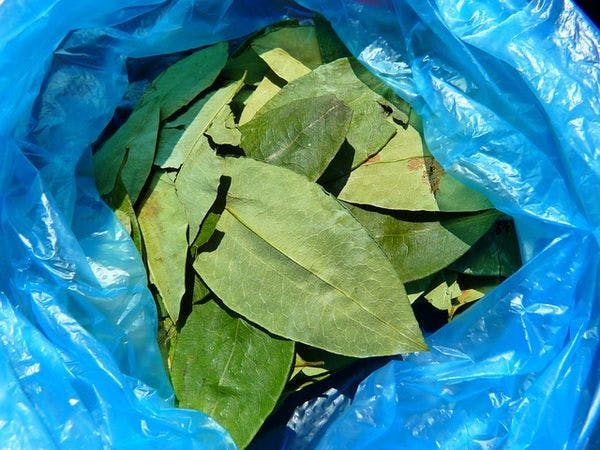How Bolivia fights the drug scourge
By The New York Times Editorial Board
This week, the White House issued its yearly report on the nations on the front lines of the war on drugs. Predictably, it listed Bolivia as one of three countries that “failed demonstrably” to do enough to combat the drug trade. President Evo Morales of Bolivia responded, as he does each year, with defiance.
“The world knows that our counternarcotics model is better without the Americans,” Mr. Morales said during an event on Tuesday, alluding to his expulsion of American drug enforcement agents in 2008.
The yearly condemnation of Bolivia has been futile. So far, that country’s experience with its drug strategy is showing more promise than Washington’s forced-eradication model.
Over the past decade, the Bolivian government has sought to gradually curb the cultivation of coca — the plant processed to make cocaine — by establishing a tightly regulated market for its consumption as a nonnarcotic stimulant. (Bolivians have been chewing coca leaf and using it to make tea for generations.) The government eradicates unauthorized crops after negotiating with, and finding alternatives for, growers.
Click here to read the full article.
Keep up-to-date with drug policy developments by subscribing to the IDPC Monthly Alert.
